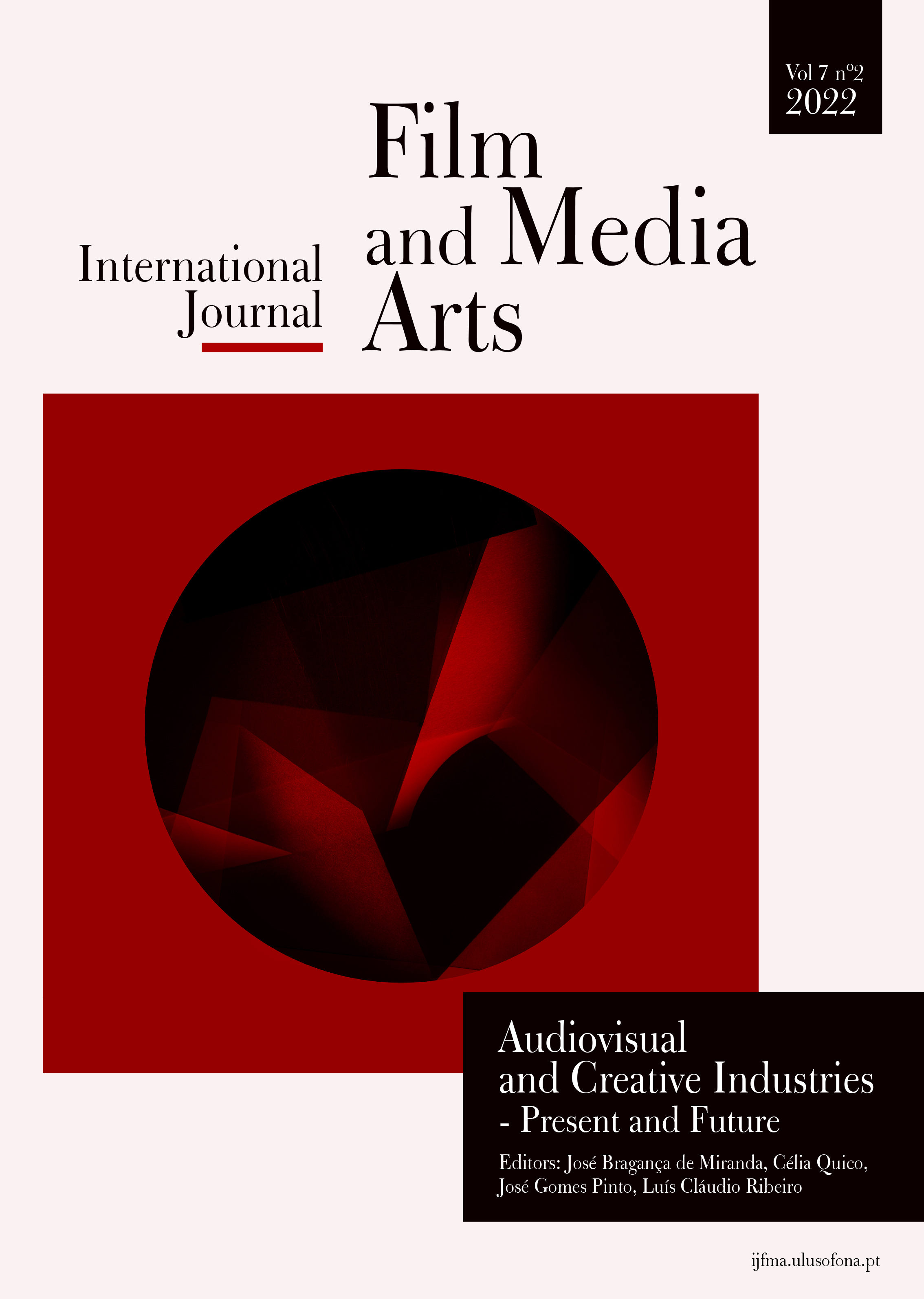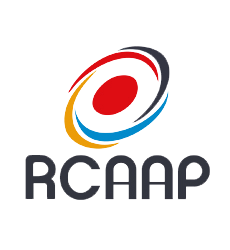Importance of Storytelling and Speculative Fiction in the Transition into A Posthuman Ecosystem
Abstract
Storytelling is one of the most powerful tools the Homo sapiens species have at their disposal. Considered one of the oldest forms of art and an evolutionary adaptation for survival, storytelling will surely have an important role in the challenging transition into a posthuman ecosystem. This article argues that Homo sapiens will eventually evolve and fragment into other species much due to our natural proclivity towards enhancing technologies; we propose that empathic storytelling might be paramount to reduce otherness and othering in-between human, transhuman, and posthuman sentient beings. The importance of storytelling as a deterrent for othering future complex artificial intelligence, augmented humans, and posthuman species has not been properly explored and studied in-depth, therefore, we collected data and points of view on vital concepts pertinent to the discussion. This paper’s main goals are to contribute to the debate of storytelling and posthumanism and to understand how the action of telling empathic, appealing, and engaging stories, be it through books, moving images, or videogames could be used for the betterment of future societies and their relations. We concluded that by creating and disseminating big quantities of beautiful, touching, empathic, direct from the heart, speculative, truthful, and thought-provoking stories, in all available media, it is possible to combat the nefarious act of othering and prepare contemporary societies for the emergence of transhuman and posthuman species; we further argue that speculative fiction and audiovisual content production systematically explores concepts such as androids, artificial intelligence, cyborgs, robots, and what it means to be human, making them an efficient genre and media to achieve the above-mentioned inspiring goal of connecting people empathically and reducing future othering.
Copyright (c) 2022 International Journal of Film and Media Arts

This work is licensed under a Creative Commons Attribution-NonCommercial 4.0 International License.











